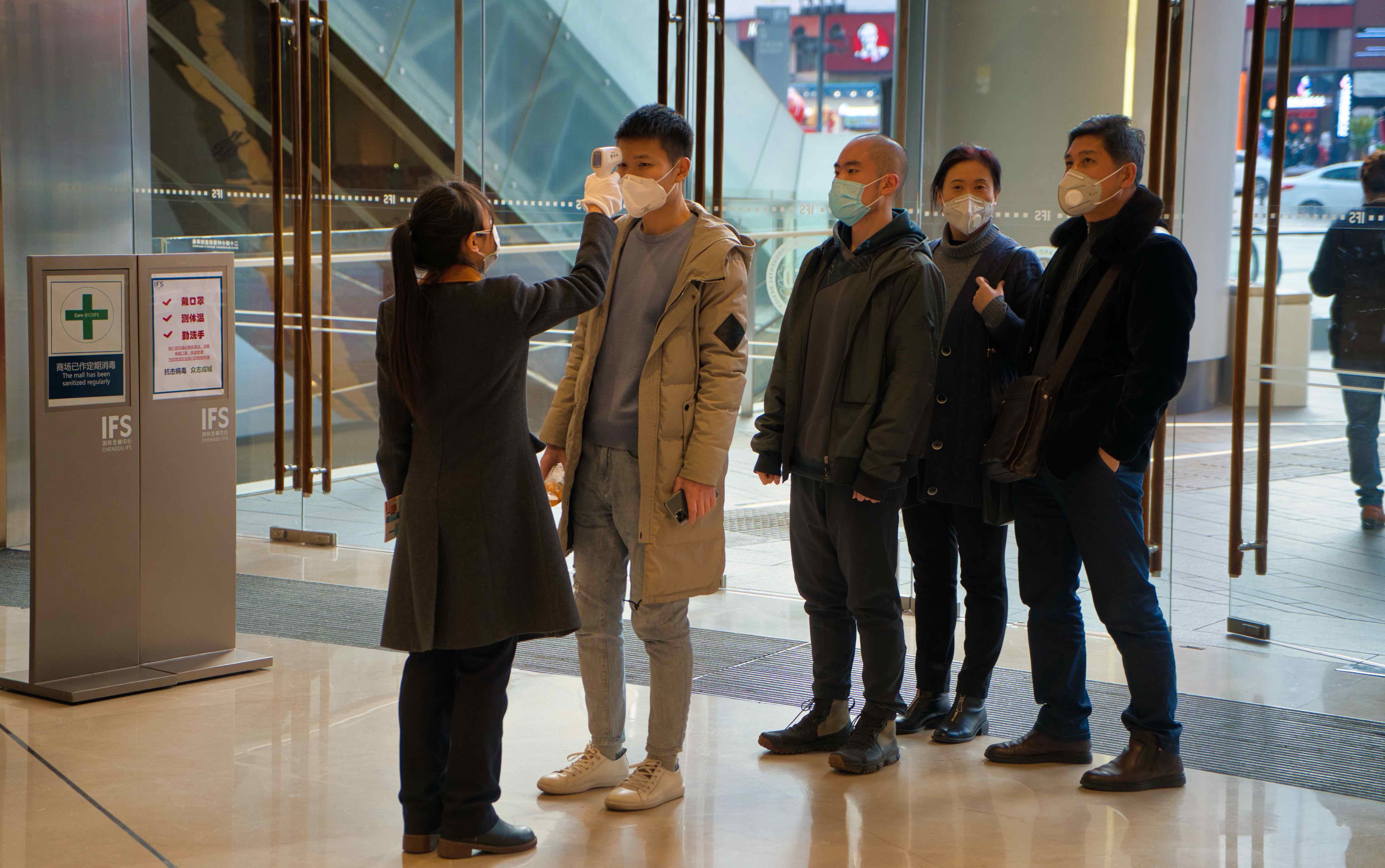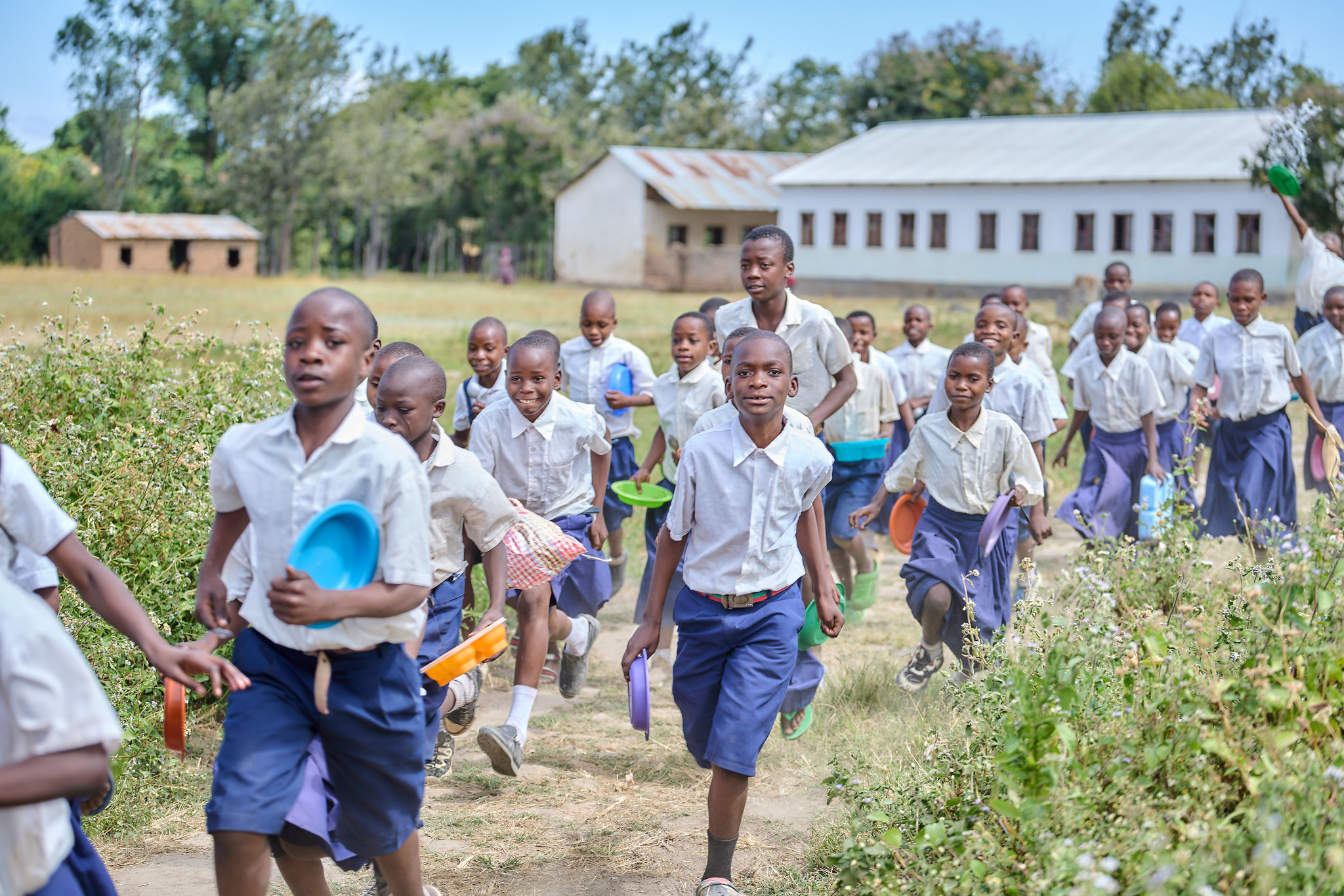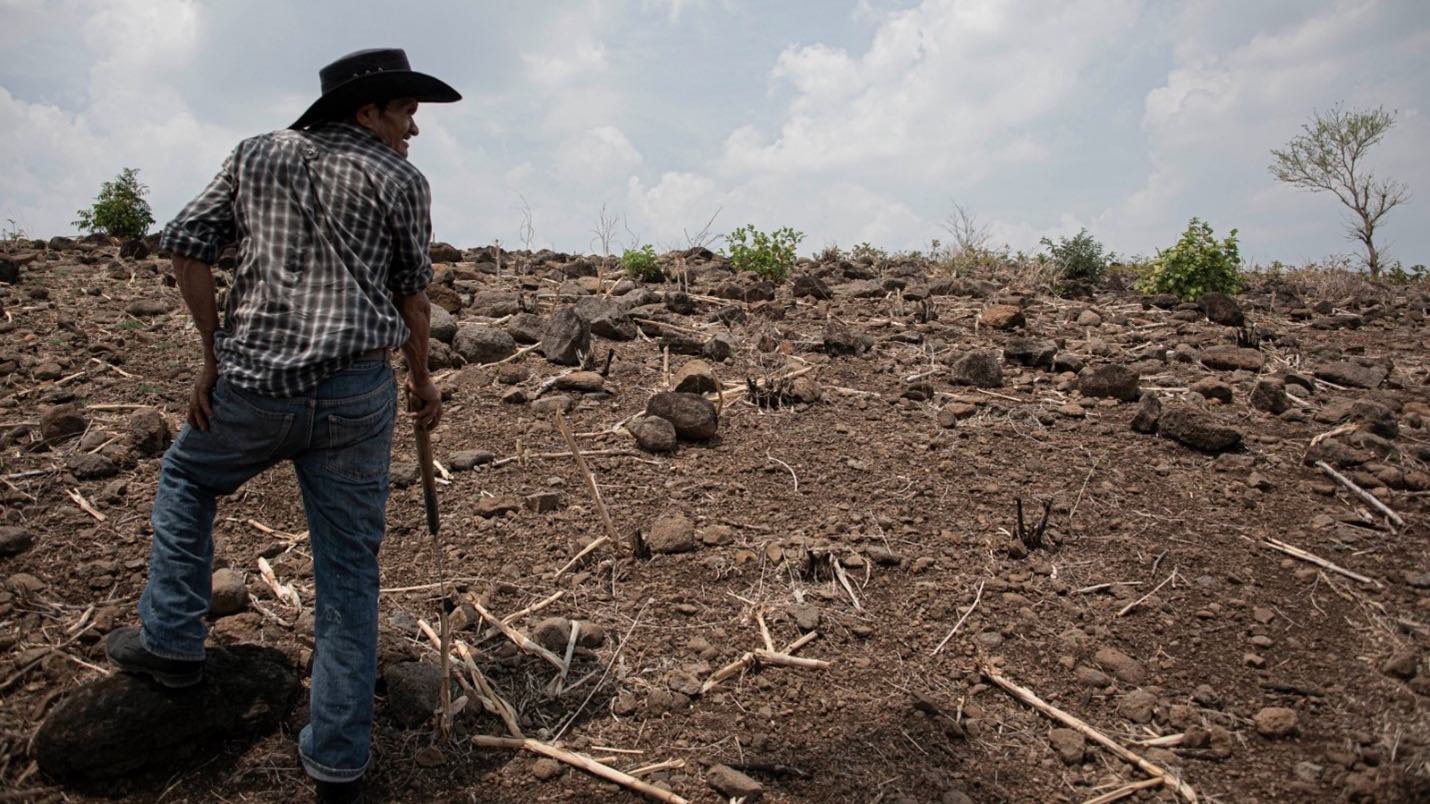The analysis in this piece has been updated in a new blog post to reflect the growing impacts of the spread of COVID-19 and economic shutdowns. The updated analysis is available here.
The novel coronavirus continues to spread rapidly. So far, more than 116,000 COVID-19 cases and over 4,000 deaths have been reported worldwide. Since its start in China in December, the outbreak has spread to over 100 countries in less than three months. To contain the pandemic, entire cities and regions in Asia and Europe have been by and large shut down, putting a halt to much economic activity, quarantining workers and idling factories and many service activities. Major sports events are being cancelled and, around the world, international travel is being curtailed. In an unprecedented move, the IMF and World Bank have decided to hold their spring meetings virtually to avoid a large gathering of people in Washington, D.C., that might become a breeding ground for the virus to spread.
While epidemiologists are concerned about the rapid spread of the virus, economists are worried about the pandemic’s already visible and potential economic damage. Global stock markets have reacted nervously. The Organization for Economic Cooperation and Development (OECD) provides a scenario for 2020 in which economic growth outside China falls by less than in China and that for the world economy is reduced by about half a percentage point relative to previous forecasts. Under OECD’s worst-case scenario, global growth could be cut in half, to 1.5% in 2020.
There are also serious concerns that further spread could jeopardize food security. Other pandemics, including SARS, the avian influenza and MERS, led to food price hikes and market panics in affected areas. Fortunately, thus far, we have not seen major signs that COVID-19 is causing food shortages or price hikes. Not even in China, where—as a recent IFPRI blog post pointed out—some stress has been reported in poultry and pork supply chains, but food supplies overall have remained adequate thus far. Prices for staple crops (like wheat, maize, and rice) have remained rather stable since the outbreak and, during February, world market prices for wheat and maize prices even showed slight declines. While the price of rice was slightly up by 1%, none of the observed fluctuations seem related to the coronavirus outbreak.
The virus associated with COVID-19 appears to have originated with animals (possibly pangolins, according to one source). SARS and MERS are also animal coronaviruses that have spread to humans. However, unlike SARS, MERS, or the avian flu, COVID-19 has not spread through the livestock sector, thus not directly impacting on livelihoods of farmers or causing immediate food shortages. Because of higher population densities and hence greater risk of person-to-person transmission, it is primarily urban economic activity that is being directly affected by social-distancing efforts to contain the spread of COVID-19.
Food distribution channels could face some disruption from transport interruptions and quarantine measures but impacts on staple commodities are less frequent and shorter in duration than for higher valued food items, since such bulk commodities can be loaded, shipped and discharged with minimum human-to-human interaction. Also, global reserves of non-perishable grains such as wheat and rice should be sufficient to meet any surge in demand. Hence, no major disruptions in production of staple foods have occurred and, for now, the risks of these occurring because of the coronavirus outbreak are minimal. Other parts of the food system may be more vulnerable, however. For instance, businesses in the United States and elsewhere supplying high-value food products, like lobster and other crustaceans, to restaurants in China, have already been crippled by the coronavirus.
A global recession would, of course, pose a major risk for food security. It is much too early to tell whether such a scenario will play out. The direct economic impact from coronavirus-related morbidity and mortality appears likely to be muted relative to some earlier pandemics, such as the 1918 Spanish Flu. Thus far COVID-19 has mainly caused very serious health challenges for and high death rates among older people with health vulnerabilities, many of whom are not in the work force. One important source of economic loss is the inability of COVID-19 patients with jobs to work fully effectively for at least several weeks. Other direct economic impacts are felt through travel restrictions, quarantine requirements, and closures of schools and other gathering places designed to slow the spread of the virus. Health care costs, including from the illnesses and deaths of medical professionals, are also likely to be very substantial.
For now, most employers in affected countries are not yet massively laying off workers and consumers are generally still spending. For a full-fledged recession to emerge, economic activity would need to slow more seriously across all areas and sectors—going beyond the specific areas affected now (quarantined cities, tourism, sports and other events, restaurants and activities involving people gathering in close proximity, and international passenger travel). While a global recession may not be an immediate risk, it could well become one soon if the virus spreads further, containment measures become more generalized across many countries and larger numbers of workers are prevented from doing their jobs.
Assuming containment measures prove to be effective in containing the spread of the virus over the coming months, a quite likely scenario would be a major, but short-lived disruption of global economic activity. A rebound would likely follow, once movements of people, good and services return to normal. If this amounts to the OECD’s projected global economic growth slowdown of between 0.5 and 1.5 percentage points in 2020, there could be small, but tangible increase in the number of people living in poverty and food insecurity.
Based on IFPRI’s global model, we calculate that for every global economic slowdown of one percentage point, the number of people living in poverty (and likely also in food insecurity) would increase by 2%, or by about 14 million worldwide, but affecting mostly (9 million) people living in rural areas of developing countries. The simulated poverty impact is sensitive to assumptions made about the duration of the pandemic and transmission mechanisms. In these estimates we assume the slowdown is caused by a temporary paralysis of domestic economic activity in a large number of countries. Impacts could be higher if the slowdown involved disruption of trade channels. (We will publish a note explaining these estimates shortly.)
In short, we do not believe, at this stage, the new coronavirus will have major direct impacts on the supply of staple foods. But, while there is no need for panic regarding imminent risks to food security, there is no reason for complacency either.
While some countries, like the U.S., have already taken monetary measures in the form of lower interest rates to counteract a possible slowdown, this is unlikely to be the most effective response given the nature of the risks. To stave off a global recession and minimize a further rise in food insecurity, governments will need to provide fiscal stimulus, including resources to contain the spread of the disease and ensure adequate health care is available, as well as additional social protection to compensate workers and families affected by the containment measures. E-commerce and delivery companies should be encouraged to play a key logistical role in locations with strict lockdown measures to secure continued access to food and avoid collapses in consumer demand. Likewise, trade channels should be kept open so that international markets can be both instrumental in avoiding food shortages and mitigating the slowdown in global demand.
Read more about the modeling here.
Rob Vos is the Director of IFPRI’s Markets, Trade, and Institutions Division (MTID); Will Martin and David Laborde are MTID Senior Research Fellows. The analysis and opinions expressed in this piece are solely those of the authors.







